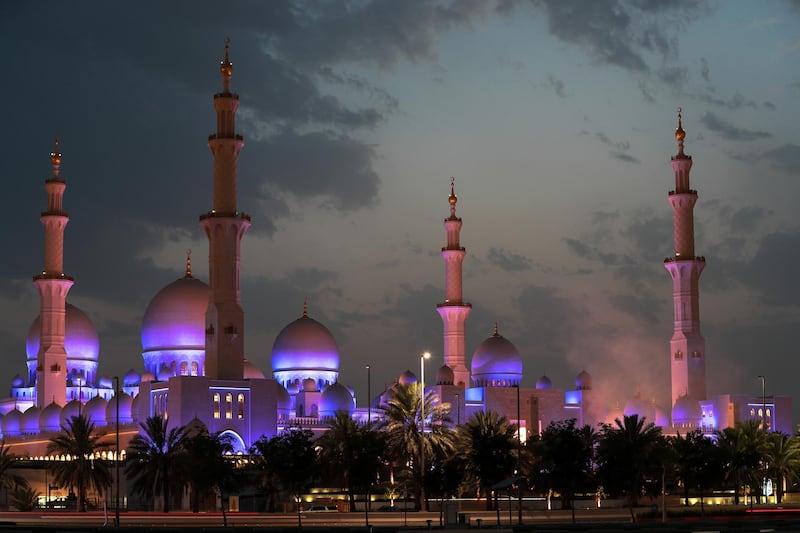The first day of Eid Al Fitr is expected to fall on Friday, June 15, in most Islamic countries, according to the International Astronomical Centre.
The official date is subject to the moon sighting which will be conducted by a committee in the UAE on the eve of the 30th day of Ramadan. If the new moon is spotted, then Ramadan will end at 29 days and the following morning will be announced as the first day of Shawwal — Eid. If the crescent cannot be seen, then the following day remains Ramadan and Eid will, by default, begin the day after that (June 16).
IAC said that they expect the crescent will be seen from all Islamic countries with the naked eye or through a telescope if the sky is clear on the night of June 14.
Read more: Now Ramadan has started, when is Eid Al Fitr?
Eid Al Fitr holidays usually last three days for the public sector and two days for the private sector.
Should Eid fall on a Friday, the private sector may not be given any extra days off but the final decision will be made by the UAE Government.
Eid Al Fitr marks one of two holy feasts celebrated by Muslims worldwide. The first day of Eid Al Fitr — which translates in Arabic to the feast of breaking the fast — coincides with the first day of the lunar calendar month of Shawwal.
Celebrations begin with Eid prayers at fajr — or dawn. The prayers are always performed in a group and involve particular rituals and a sermon unique to other prayers practised by Muslims.
Muslims are advised to follow the tradition of Prophet Mohammed and bathe before Eid prayers, wearing perfume and new clothes. Muslims see the prayers as a chance to exchange Eid greetings and meet neighbours, family and friends.
Muslims then celebrate Eid Al Fitr for three days by visiting families and loved ones. More recently, it has also become common practice to use the Eid holiday to travel or carry out extra-curricular activities.






